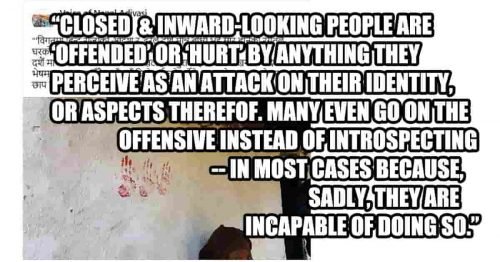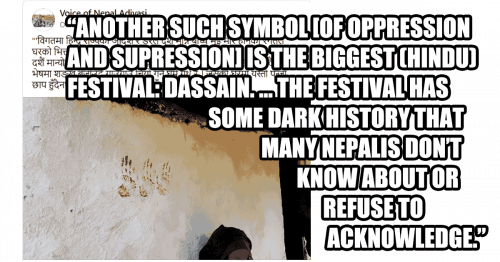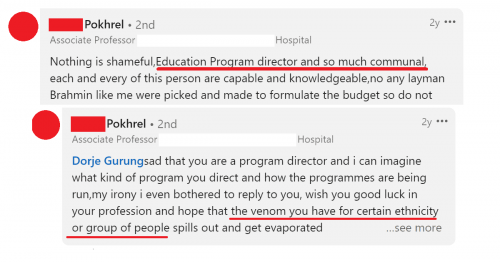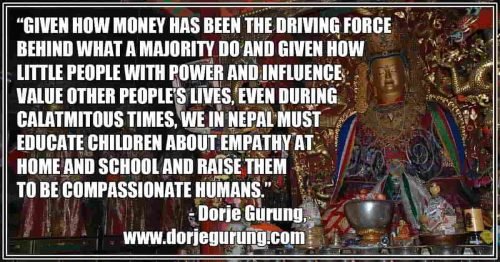The Moment of Truth IX: Will Nepal Have Me? Am I for Nepal?

Two of the many questions I had when contemplating returning to Nepal: "Will Nepal have me?" and "Am I even for Nepal?"
Having lived in as many countries outside as I had, I felt I could be accepted by any place and people. But will I be accepted in Nepal and by the Nepalis?





